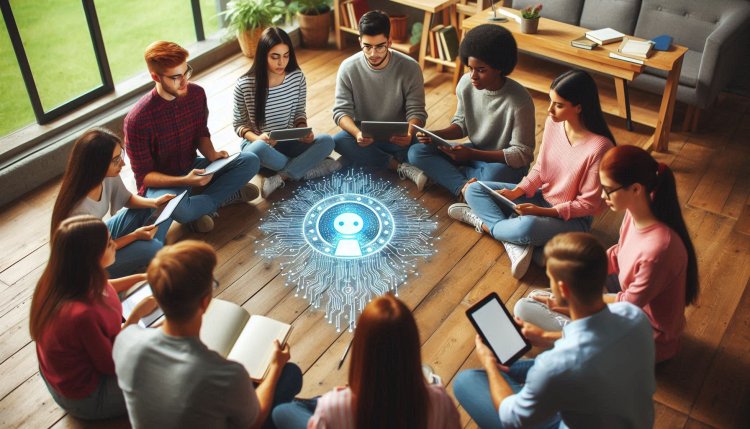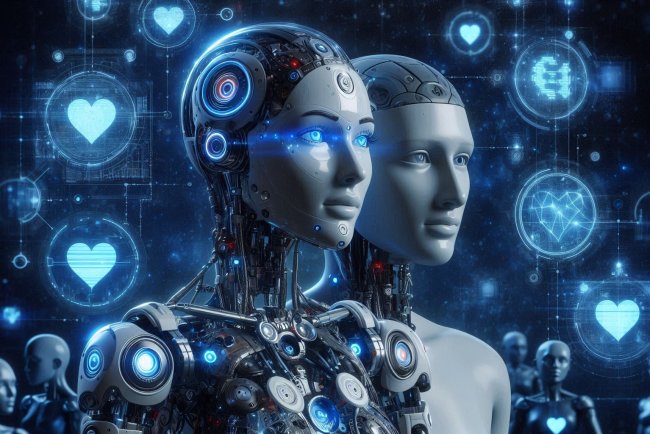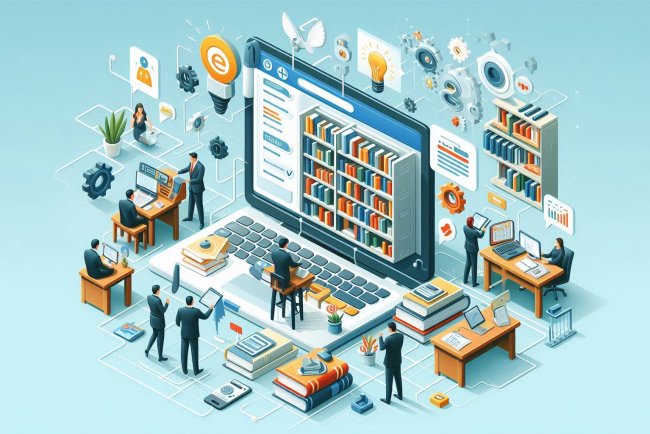AI in education: Personalized learning
"Discover how AI is transforming education with personalized learning experiences tailored to each student's needs. Explore the future of education today!"

AI in Education: Personalized Learning
Artificial Intelligence (AI) is transforming the way we learn and teach, making education more personalized and effective. In the realm of personalized learning, AI has the potential to revolutionize the traditional classroom model by tailoring instruction to individual students' needs and learning styles.
Benefits of Personalized Learning with AI
There are several key benefits of personalized learning with AI in education:
- Customized Learning Paths: AI algorithms can analyze student data and behavior to create personalized learning paths for each student, ensuring they receive the right level of challenge and support.
- Immediate Feedback: AI-powered systems can provide instant feedback on assignments and assessments, helping students to understand their mistakes and improve their performance in real-time.
- Adaptive Learning: AI can adapt to students' progress and adjust the difficulty of tasks accordingly, ensuring that they are always challenged at the right level.
- Engagement and Motivation: Personalized learning experiences can increase student engagement and motivation by presenting content in a way that is relevant and interesting to each individual learner.
- Data-Driven Insights: AI can analyze large amounts of data to identify patterns and trends in student learning, helping educators make informed decisions about teaching strategies and interventions.
Examples of AI in Personalized Learning
There are several ways in which AI is being used to personalize learning experiences for students:
- Intelligent Tutoring Systems: AI-powered tutoring systems can provide individualized instruction in various subjects, adapting to students' strengths and weaknesses in real-time.
- Adaptive Learning Platforms: These platforms use AI algorithms to adjust the difficulty of tasks and content based on students' performance, ensuring they are always challenged and supported at the right level.
- Personalized Learning Apps: Mobile apps powered by AI can deliver personalized learning experiences to students, allowing them to learn at their own pace and in their preferred learning style.
- Virtual Reality and Augmented Reality: AI-driven virtual and augmented reality tools can create immersive learning experiences tailored to individual students' needs and interests.
Challenges and Considerations
While AI holds great promise for personalized learning in education, there are also challenges and considerations that need to be addressed:
- Data Privacy and Security: Protecting student data and ensuring its security is crucial when implementing AI systems in education.
- Equity and Accessibility: Ensuring that AI-powered personalized learning tools are accessible to all students, regardless of their background or resources, is essential for promoting equity in education.
- Teacher Training and Support: Educators need training and support to effectively integrate AI technologies into their teaching practices and to interpret the data generated by these systems.
- Ethical Considerations: There are ethical considerations around the use of AI in education, such as bias in algorithms and the potential for AI to replace human teachers.
Future of Personalized Learning with AI
The future of personalized learning with AI holds great promise for transforming education and improving student outcomes. As AI technologies continue to advance, we can expect to see even more sophisticated and effective personalized learning tools that cater to the diverse needs of individual learners.
By harnessing the power of AI in education, we can create a more inclusive and engaging learning environment that empowers students to reach their full potential.
What's Your Reaction?

















